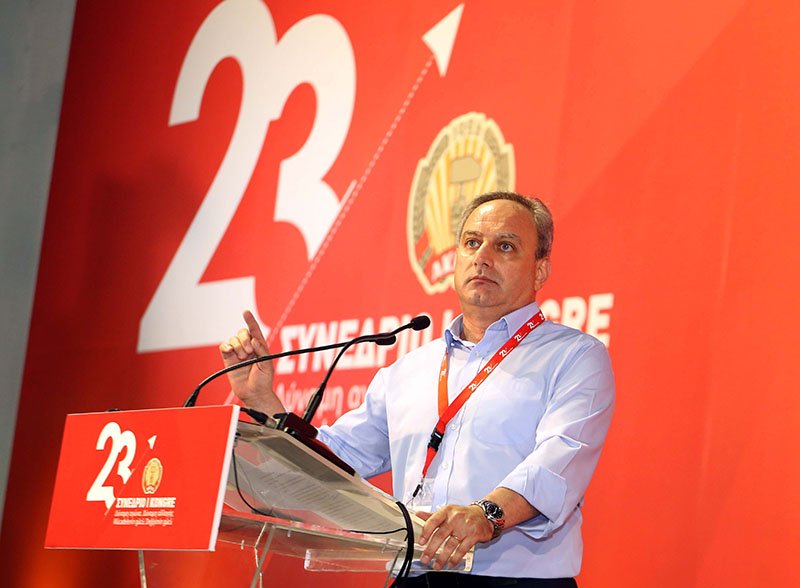Main opposition party Akel on Monday urged the government to quickly intervene to shield the public from rising prices in electricity as well as in essential goods, noting that thousands of households were at breaking point.
In a written statement, Akel boss Stefanos Stefanou said it was imperative that steps be taken for a “targeted protection” of vulnerable groups, low-income households and small businesses.
“We regret to note that, in light of this unpleasant situation for thousands of our fellow countrymen, the government remains apathetic and indifferent,” the statement read.
The party said it had specific proposals on what can and must be done. For instance, the Electricity Authority of Cyprus (EAC) could absorb part of the coming hike in utility bills – much in the same way it had afforded a 10 per cent discount last year as relief amid the coronavirus situation.
And a discussion should take place regarding taxation on fuel.
Stefanou also made public a letter he addressed to President Nicos Anastasiades, where he notes that “the protection of consumers, vulnerable groups and small-to-medium sized businesses is first and foremost the government’s responsibility.”
In the coming period, Akel plans to hold a series of meetings, including with the energy and commerce minister, the management of the EAC, and the Consumer Protection Service.
Many people are bracing for the next invoice from the EAC, as electricity bills for August are expected to clock at up to 38 per cent higher than a year ago.
The EAC itself attributed this to a confluence of factors: the scrapping of the 10 per cent discount mitigating the impact of the pandemic that was in force from April to September 2020; rising crude oil prices since March; and a steep hike in the cost of greenhouse gas emission allowances purchased by the EAC and passed onto consumers.
Prices at the gas pump have also gone up in recent months.
Recently released data by the Statistical Service show the cost of living creeping up in recent months. In August the general consumer price index (with a baseline value of 100 pegged to the year 2015) was 104.09, compared to 102.4 in July. In January, the CPI was 99.21.
For food and non-alcoholic beverages, the sub-index was 108.83 in August, compared to 101.67 the previous month, and 99.33 in January. For housing, water, electricity and gas, the sub-index registered at 114.05 in August, 113.94 in July and 106.12 back in January.
But some commentators call the observed inflation a natural consequence of the economy firing back up again this year, following the slowdown of 2020. Last week the government touted a considerable drop in unemployment – the index stood at 5.2 per cent in July this year, down from 7.9 per cent for the same month of 2020.
Last week the Consumer Protection Service (ministry of energy) ruled out a state-imposed cap on fuel prices – demanded by some political parties – and said prices here were comparable to the EU average before taxation.







Click here to change your cookie preferences